Manly Town Hall: Curtain comes down on bold bid to transform building into arts venue
The curtain has come down on a bold bid to transform one of the northern beaches’ most historic buildings into a major arts venue. See the latest news.
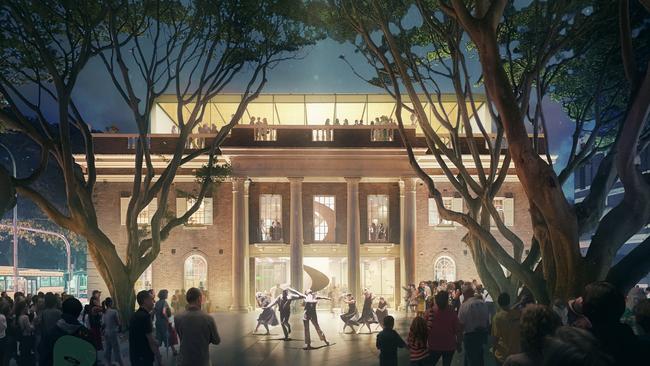
Manly
Don't miss out on the headlines from Manly. Followed categories will be added to My News.
A bold bid to transform Manly’s historic town hall into a venue for live music, theatre and art exhibitions has failed.
If the plan got the go-ahead, the former Manly Council chambers — now used as offices and a customer service centre for Northern Beaches Council — could have also boasted a cinema and rooftop bar.
But the council has confirmed that the community-led proposal was not “financially viable”.
The plan was spearheaded by independent Manly Ward representative on the council, Candy Bingham, who headed a community committee that included a local architecture practice.
In April last year Cr Bingham persuaded the council to vote to commission a feasibility study into the adaptive re-use of the heritage-listed Town Hall, opened in 1937, as a multi-use performance space and exhibition centre.
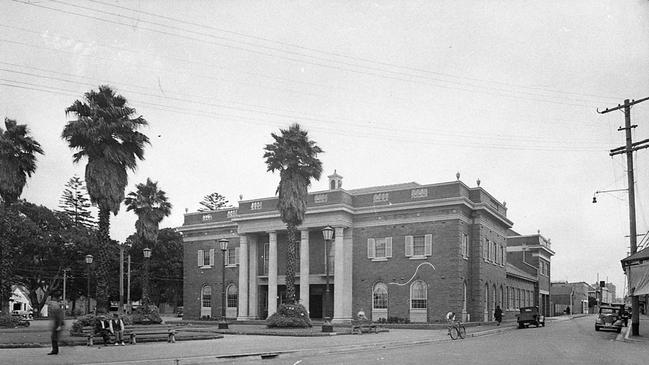
The proposed plan outlined a vision for a versatile space, including a flexible 350-seat performance area, a 100-seat theatre, and an 80-seat cinema.
In August 2020 Manly architecture firm Chrofi presented its ideas to the council for transforming the Town Hall into a performance venue that could accommodate the two theatres, a theatrette or cinema, an “intimate” music venue, a restaurant, bar and cafe, as well as community rooms.
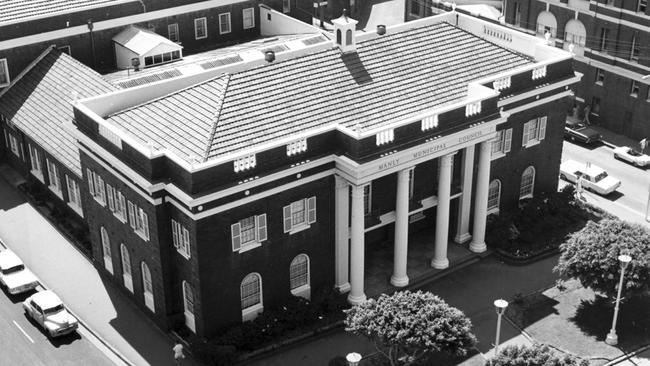
Midnight Oil drummer Rob Hirst and Australian Chamber Orchestra artistic director Richard Tognetti each penning letters of support, along with the local state MP James Griffin and federal MP Zali Steggall.
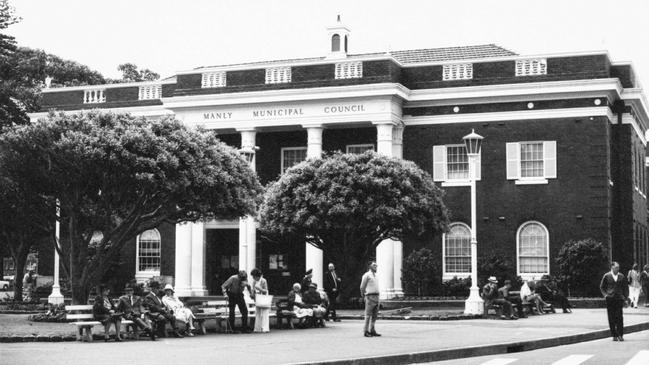
Tognetti, Artistic Director of the Australian Chamber Orchestra, wrote that “the Northern Beaches has suffered from a dearth of venues and opportunities for the community to experience the best of music, theatre, dance and cinema”.
“Manly Town Hall could be the jewel in the crown as a cultural gateway for the peninsula with the potential to draw audiences from far and wide.”
But Cr Bingham acknowledged this week that the results of the feasibility study revealed “significant challenges”.
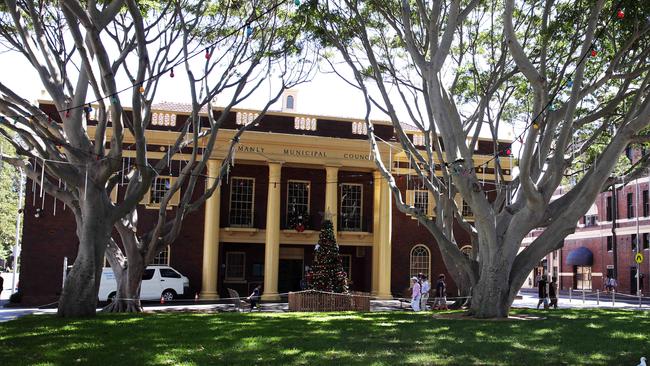
“I was very impressed with how thorough the report was,” she said.
“It covered every aspect, from assessing the suitability of the building to considering heritage concerns, audience reach, potential programming, and the financial risks and opportunities associated with the conversion.”
Cr Bingham said the study also examined cost estimates and design layouts, revealing that the proposal would require substantial financial annual support from the Council to operate successfully.
“The Council would be facing a significant and unacceptable financial burden to convert and operate such a facility,” she said.



